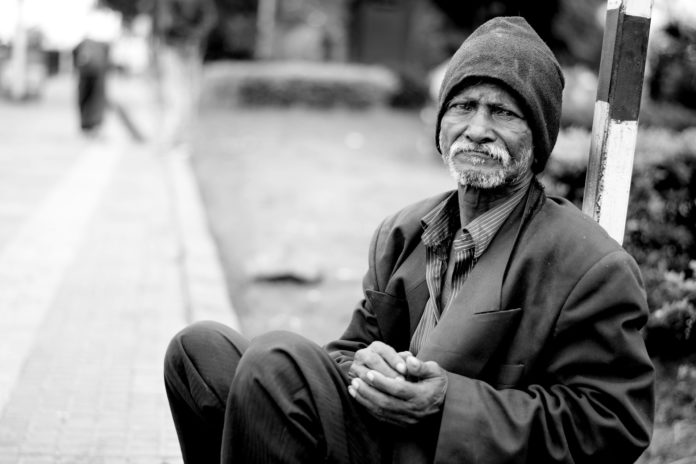When the Supreme Court delivered its landmark “living will” judgement earlier this month it too was acutely conscious of this reality
What started 45 years ago in 1973 with the rape of KEM Hospital nurse Aruna Shanbaug came to a closure, in some sense earlier this month when the Supreme Court said that Indians may make an advance directive (“living will”) and opt out of supportive care should they be in a state of terminal illness or coma etc. The plea to withdraw support for Shanbaug is where begun India’s journey on that road though MP Minoo Masani was perhaps the first person to talk about Right To Die.
However, what of people who opt out of treatment not by choice but by compulsion, because they cannot afford it? It was a question even the apex court did not have the answer to.
The inadequacies of the range and reach of Indian healthcare may, it is observed, lead to a situation where euthanasia/active euthanasia may become “an instrument of cost containment”
In the “living will” judgement on March 9, the court said: “The inadequacies of the range and reach of Indian healthcare may, it is observed, lead to a situation where euthanasia/active euthanasia may become “an instrument of cost containment”. It also took note of the moral dilemma when it posed the question: “First, because of rampant poverty where majority of the persons are not able to afford health services, should they be forced to spend on medical treatment beyond their means and in the process compelling them to sell their house property, household things and other assets which may be means of livelihood. Secondly, when there are limited medical facilities available, should a major part thereof be consumed on those patients who have no chances of recovery?”
It is a concern that is very real in the Indian context. According to information available with the Union health ministry, out of pocket (OOP) expenditure in India is over 60% which leads to nearly 6 million families getting into poverty due to catastrophic health expenditures. Estimates from outside the government put that figure at several times the government estimate.
An article in the Economic and Political Weekly dated February 10, 2018 put this issue in perspective. “India is one of the worst countries to die in, especially for those suffering from terminal illnesses. In 2015, the Economist Intelligence Unit brought out a Quality of Death Index, which ranked India 67th out of the 80 countries it had surveyed. In December 2017, a joint report published by the World Health Organization and the World Bank revealed that 49 million Indians are pushed into poverty every year due to out-of-pocket expenditure on healthcare, accounting for half of the 100 million who meet such a fate worldwide. India’s Central Bureau of Health Intelligence data puts the figure even higher. This unconscionable situation is the direct outcome of the sorry state of our public health system,” the article said.
The question of living will did come when her biographer Pinky Virani approached the Supreme Court that she should be allowed to go but her plea was turned down. But one aspect that could have complicated that decision even further was the question of expenses – Shanbaug’s family had long fallen out of the picture and expenses of her treatment were borne by the KEM Hospital. Shanbaug spent 42 years in a vegetative state in that hospital before dying of natural causes.
Among some of the first people to flag the question was Dr Sanjay Nagral, a hepatobilliary surgeon at Jaslok Hospital, Mumbai and chairperson of the Indian Forum For Medical Ethics.
“Shocking and arbitrary as this may sound, this is the reality that needs flagging because it is relevant to the proposed legitimization of passive euthanasia. In a system where out-of pocket payment is the norm and healthcare costs are booming, there has to be a way of differentiating a plea made on genuine medical grounds from one that might be an attempt to avoid financial ruin,” the court quoted Nagral from a 2011 article.
Living will as a concept comes from the western world. To transport it into the Indian context without the safety net of Universal Health Coverage is a fraught proportion.


